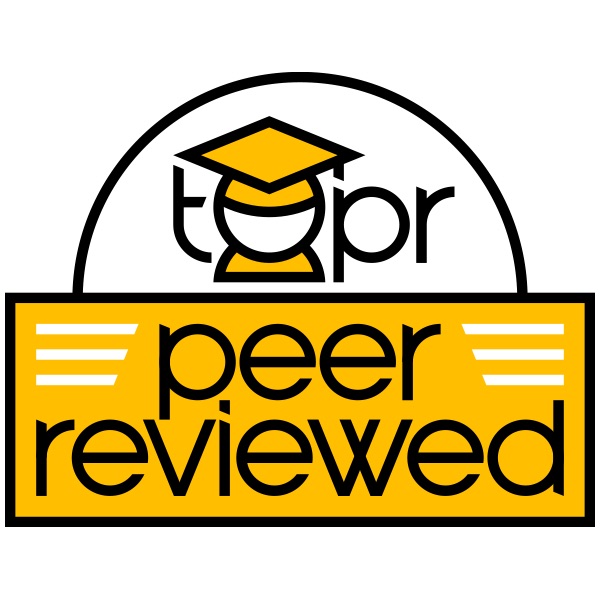
Some faculty may find it useful to have their students access certain public online services (e.g., blogs, wikis, social media tools, etc.) as part of their course work. It is up to the faculty member to evaluate the educational value of such activities, but it is also a responsibility of the faculty member to protect their students and the institution from any risks associated with using such non-institutional resources.
In the United States, the Family Educational Rights and Privacy Act (FERPA), also known as the Buckley Amendment, is seen as relevant in that if students in the public web space are required to identify themselves and their affiliation with a particular institution and course, then this requirement could be seen as violating FERPA. Institutions vary in their articulation of specific policies related to social media and FERPA.
Absent any specific institutional guidance, faculty members are encouraged to clarify to students the value of learning activities involving third-party web sites and to give students guidance in protecting their personal interests/privacy while still fulfilling the requirements of the course work (Drake, 2014).
Statements in course syllabi and reiterations in course materials are one way of doing this.
Link to example artifact(s)
Example I: Course statement from Dr. Kelvin Thompson’s EME5050 course
FERPA-related excerpts from Dr. Kelvin Thompson’s EME5050 course documents (pdf file)
Example II: FERPA statement from Ms. Debbie Kirkley’s course
By using eCommunity, I was able to determine ahead of time, which students had requested the FERPA classification. I invited these students to contact me to discuss their needs. I was always willing to work with them on whatever circumstances that made them uncomfortable. I would usually give them options of doing other work for an assignment or using an alias in the third party applications. The students really wanted to participate, so they tended to use the aliases to complete their work. This worked well for a class of 18-35, but may be more difficult to manage in larger classes where you would need to rely on students giving their identification for grading purposes. I usually only had 2-3 students with the FERPA classification.
FERPA statement in Ms. Kirkley’s Syllabus
FERPA and Privacy: As a student, your educational records are considered confidential. Under FERPA (Family Educational Rights and Privacy Act), your records are confidential and protected. Under most circumstances your records will not be released without your written and signed consent. However, some directory information may be released to third parties without the your prior consent unless a written request to restrict this is on file. You can learn more about student rights to privacy at http://registrar.ucf.edu/ferpa. This topic will also be covered in Module 3: Security Isues, Ethics, & Emerging Technologies. In this course, we will be working with third party applications online (i.e. wikis, blogs and other Web 2.0 applications). The different proprietors of these sites may or may not have privacy guarantees and the FERPA policy at UCF does not apply to these sites. It will be your responsibility to read the privacy documentation at each site. There are many other options to protecting your information at these sites. If you have filed the paperwork and are classified as protected under the UCF FERPA qualifications, it will be acceptable for you to use an alias when using the Web 2.0 sites required for this course. If you still have concerns, please e-mail me as soon as possible to discuss your options.
Link to scholarly reference(s)
Drake, P. (2014). Is your use of social media FERPA compliant? EDUCAUSE Review, 49:1. http://www.educause.edu/ero/article/your-use-social-media-ferpa-compliant
Orlando, J. (2011). FERPA and social media in Faculty focus. http://www.facultyfocus.com/articles/teaching-with-technology-articles/ferpa-and-social-media/
United States Department of Education (2011). Family educational rights and privacy act (FERPA). https://studentprivacy.ed.gov/ferpa
Citation
Thompson, K., Chen, B.,& Sugar, A. (2016). Include ferpa statements in course. In B. Chen & K. Thompson (Eds.), Teaching Online Pedagogical Repository. Orlando, FL: University of Central Florida Center for Distributed Learning. https://topr.online.ucf.edu/ferpa-statements/.